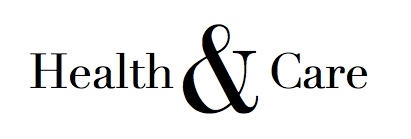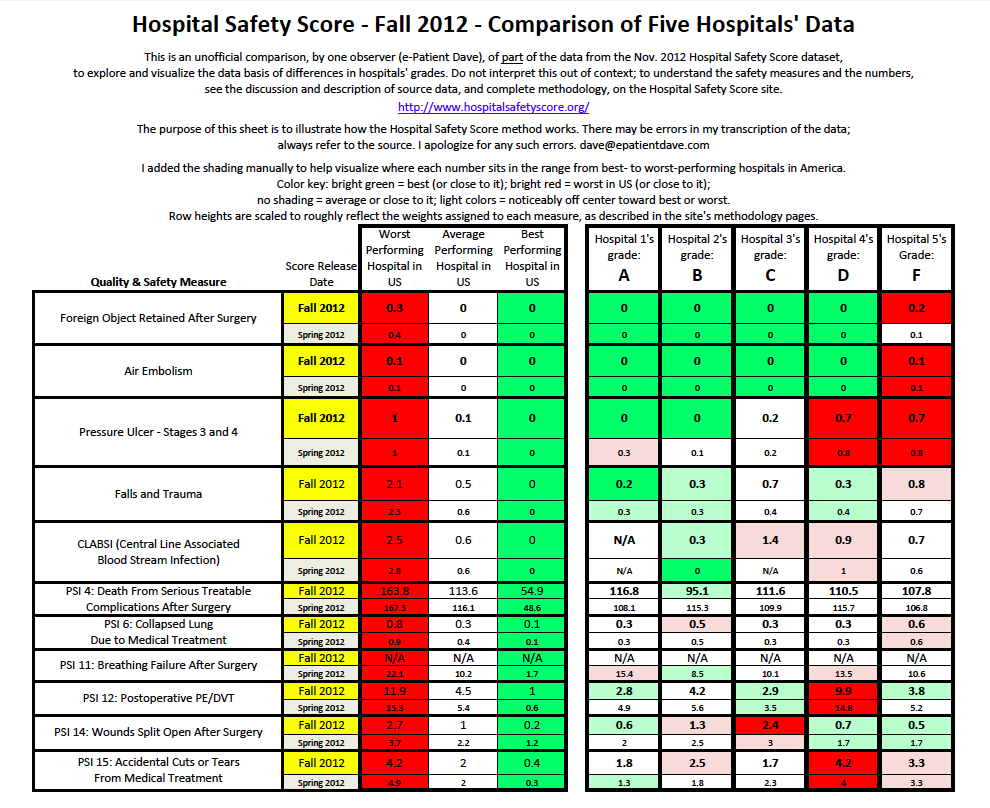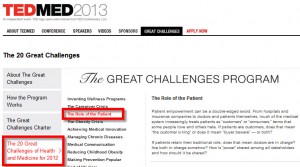
This post became a chapter in my 2013 book Let Patients Help: A Patient Engagement Handbook.
Every year in this season I reflect and renew, emerging in January with new views. This year the first conclusion arrived early: I’m changing a key part of my language. From now on for me it’s not “healthcare,” it’s “health and care.”
Why? Because I’m increasingly seeing that it’s incomplete to look at transforming medicine by just talking about the care part – the part that kicks in when something goes wrong. All of us – patients and providers and insurance and government and industry and everyone – need to be thinking about health, every time we approach a problem with the health care system.
I know I’m not the first to say this, but as a marketing slogans guy (“Let Patients Help,” “gimme my damn data” etc), I’m keenly aware of the power of handy language. Everything I explained above can be said over and over, but it doesn’t fit easily into everyday discourse. “Health and care” is an easy plug-in replacement for the usual “health care.” And that boosts the odds people will use the new wording.
And language defines our thinking.
The implications for patient engagement are clear: it’s not sufficient to get engaged (to get it in gear, to get activated) only when sickness hits. My view from now on is, if you wanna be an e-patient, it starts with holding up your end of the bargain before you get sick.
So for 2013, let’s broaden our scope: the focus of our work should be “health and care.”
__________________
One more thing: I like the word “care” – it’s patient-centered. In my life getting doctored and nursed, I’ve had the experience of being cared for, and I’ve had the experience of just being treated, without care. When I’m in trouble, what I want – what we should all shop and ask for – is great treatment delivered in a caring way.



 This is giddy; deal with it. :-)
This is giddy; deal with it. :-)

 The one who’s now assistant cross country coach at Marblehead High School, where she’s a science teacher.→
The one who’s now assistant cross country coach at Marblehead High School, where she’s a science teacher.→ This post brings together several threads from the past year’s work. At the core is one of the Great Challenges for TEDMED 2013: The Role of the Patient. Roles exist in a context, and a new perspective on this context came to light today.
This post brings together several threads from the past year’s work. At the core is one of the Great Challenges for TEDMED 2013: The Role of the Patient. Roles exist in a context, and a new perspective on this context came to light today.